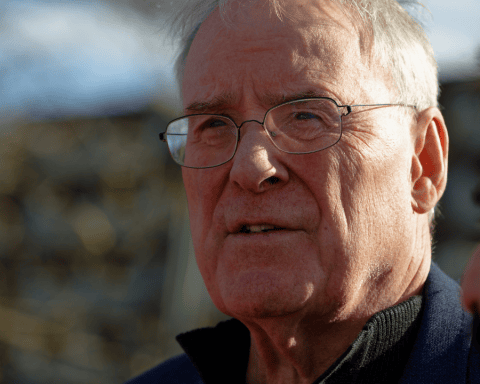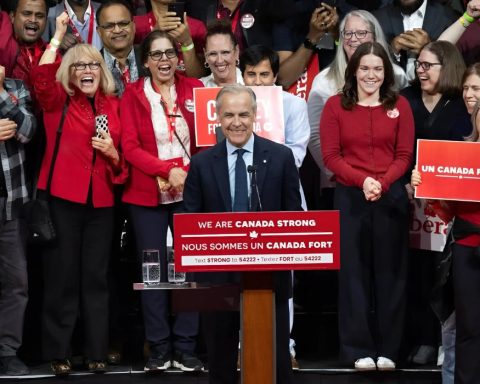American business leaders know how to talk the talk. But the bitter aftermath of the 2020 election is exposing their inability to walk the walk.
Democrat Joe Biden may have ejected Donald Trump from the White House, but Republicans have been emboldened to pass laws aimed at disenfranchising liberal voters in future elections. Echoing Trump’s baseless charges that the election was rigged, lawmakers in Iowa, Georgia, Florida, Texas and seven other GOP-led states pushed through rules that restrict absentee voting, tighten ID requirements and empower partisan state officials to settle disputes. Most of these measures were contrived to inconvenience Black, Brown and young voters, whose support for Biden tipped the scales in November.
Biden criticized the initiatives as “un-American.” But he has little power to stop them without a firm grip on the Senate.
Also in a tight spot are corporate leaders. Once, businesses could support either major party – or both – without drawing fire. But coordinated voter suppression, swiftly following the January 6 Capitol insurrection, tipped the scales. Emotions boiled over in Georgia, the “swing state” that gave the Democrats their slim Senate majority. When the state legislature began considering Bill 202 in March, civil rights groups such as Black Voters Matter and the New Georgia Project urged supporters to contact Georgia corporations to demand they speak out against suppression and cut off support to complicit Republicans.
Some firms’ responses provide a textbook example of how not to act in a crisis.
Atlanta-based Delta Air Lines led off by taking credit for helping write the bill. When activists protested, CEO Ed Bastian clarified that the bill wasn’t perfect but did contain some positive measures. Delta employees exploded with rage, and Black leaders called for a Delta boycott. Soon after, Bastian reversed himself: “After having time to now fully understand all that is in the bill … it’s evident that the bill includes provisions that will make it harder for many underrepresented voters, particularly Black voters, to exercise their constitutional right to elect their representatives. That is wrong.”
Calling the bill “unacceptable,” Bastian promised Delta would work with politicians across the spectrum to expand voting rights nationwide. (Result: right-wing supporters picked up the call for a Delta boycott.)
Atlanta’s pride, the Coca-Cola Company, traced a similar path. At the height of last year’s George Floyd protests, Coke CEO James Quincey said, “Companies like ours must speak up as allies to the Black Lives Matter movement.” But when called on to oppose Bill 202 in mid-March, Coke stayed bottled up – emerging only to agree with a chamber of commerce memo expressing “concern” over the bill. As protesters called for a boycott, one Black leader told The Guardian, “The hypocrisy is astounding, the silence is deafening.”
At the end of March, after the bill was signed, Quincey stepped up. He told MSNBC that “this legislation is wrong and needs to be remedied. We will continue to advocate for it both in private and now even more clearly in public.” The Republicans demanded a boycott of Coke products, their call picked up by Trump himself. (A subsequent CNN investigation found Trump’s luxury properties kept right on selling Coke, at $9 a glass.)
Other Georgia companies such as UPS and Home Depot stood up sooner for democracy and anti-racism. But they left out specifics, such as whether they’d continue funding Republican politicians.
The lesson for business: in these divided times, stand up for what’s right. You can’t please everyone, but hedging and vacillating will just piss off everybody.
One positive outcome to this controversy: investment giant BlackRock has just accepted a shareholder proposal that the firm conduct a third-party racial equity audit, to identify its own shortcomings in diversity and inclusion.
CtW Investment Group, one of several activist shareholder groups pushing financial giants to embrace racial equity audits, says Wall Street “has played a critical role in perpetuating unequal wealth distribution to communities of color.” Goldman Sachs and Citigroup are among the big players that turned down such proposals, but BlackRock’s participation is expected to put pressure on other firms to follow suit.





